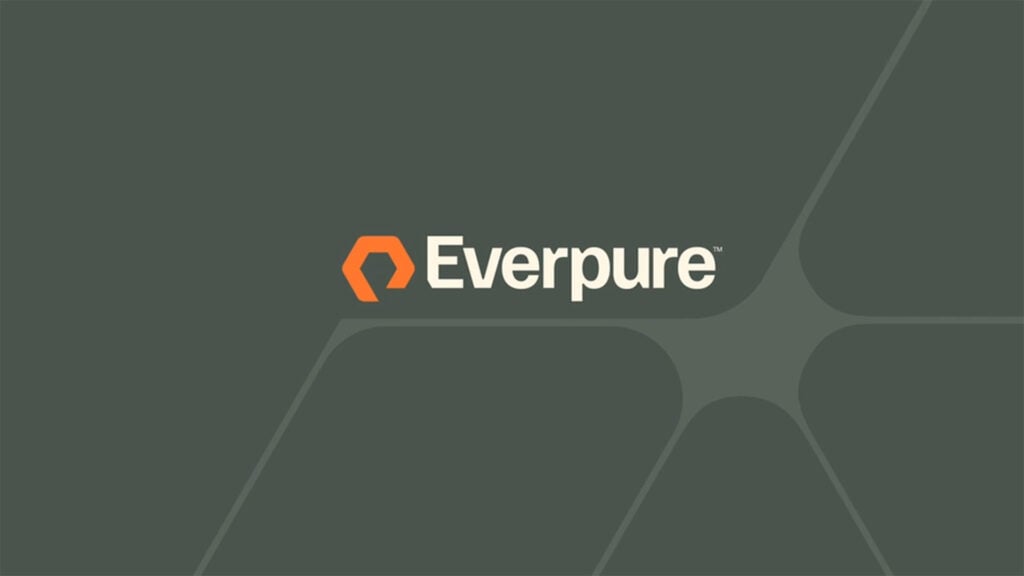Episode #6, this episode aired on February 09, 2025
Analyst(s): Dion Hinchcliffe
Publication Date: February 20, 2025
In this week’s CIO Pulse Report, Dion Hinchcliffe takes a look at Google’s release of Gemini 2.0, highlighting AI’s changing role in enterprise IT. Key topics include OpenAI’s Deep Research, which redefines AI-driven knowledge work, and the rapid rise of AI development tools such as Anysphere’s Cursor, signaling a shift toward in-house software creation.
For the full episode, please click on this link. Don’t forget to follow Dion Hinchcliffe in the CIO Pulse Report for the latest insights from top industry experts.
What Are Covered in This Episode:
- Google’s launch of Gemini 2.0 for enterprise AI, introducing Pro, Flash, and Flash-Lite models
- OpenAI’s introduction of Deep Research, an AI agent for complex knowledge work
- Anysphere’s Cursor reaching $100 million in ARR, reshaping AI-driven development
- The Trump administration’s move to reclassify federal CIOs
- PagerDuty and Salesforce surveys on AI agent adoption and skepticism among IT professionals
Google’s Gemini 2.0 Advances Enterprise AI
Google’s Gemini 2.0 is a business AI milestone that introduces advanced capabilities to boost reasoning, broaden context windows, and raise cost-effectiveness. Among the flagship models, Gemini 2.0 Flash is designed for high efficiency and speed, while Gemini 2.0 Pro is dedicated to tackling advanced problem-solving with an unprecedented 2-million-token context window. The affordable Flash-Lite variant strikes a balance between price and performance, addressing rising IT budgets.
Gemini 2.0 is more than a data insights platform – it powers real-time business execution. Its tool-calling capability allows seamless integration with external systems, automating processes and scaling AI-based decision-making across operations. With multimodal support and an expanded context, businesses can embed AI agents into daily workflows to improve operational efficiency. As IT budgets tighten due to increased AI investments, Gemini 2.0’s cost-effective models offer a clear strategic advantage. For CIOs, adopting these innovations swiftly is essential to stay competitive, blending advanced capabilities with financial sustainability for maximum business impact.
OpenAI Launches Deep Research AI
OpenAI’s launch of Deep Research is set to transform generative AI from basic response-based tools into independent knowledge workers. This AI agent excels at conducting advanced research, synthesizing massive datasets, and generating comprehensive reports in minutes. Optimized for deep web browsing and complex data analysis, it brings unique value to sectors such as finance, engineering, and scientific research. Its multi-step reasoning capabilities help CIOs manage information overload and meet tight deadlines more effectively.
However, despite its impressive abilities, Deep Research has limitations. It may misinterpret sources, emphasizing the need for human oversight to ensure accuracy. Unverified AI-generated insights could pose risks, making strong AI governance essential. For CIOs, this marks a strategic turning point – AI is evolving from a supportive tool into an active participant in knowledge work. Successful deployment will require collaboration across IT, HR, operations, and legal teams to align AI use with business goals while ensuring compliance and accuracy.
Anysphere’s Cursor Leads AI-Driven Coding
Anysphere’s AI-powered code editor, Cursor, achieved $100 million in annual recurring revenue – the fastest milestone of its kind. Built on Microsoft’s Visual Studio Code, Cursor enhances software development with intelligent autocompletion and deep codebase understanding. Its rapid success signals a broader shift in enterprise IT, where AI-assisted development tools are accelerating the creation of custom solutions at lower costs.
As traditional build-your-own approaches declined in recent years, Cursor’s capabilities breathe new life into in-house development. IT teams can now create custom applications tailored to specific business needs, reducing reliance on expensive third-party software. This trend not only provides organizations with greater control and flexibility but also introduces new challenges. For CIOs, the rise of AI-driven development requires careful planning. Teams must be trained to use these tools effectively while ensuring security, compliance, and code quality. Governance is key to mitigating risks and maximizing long-term benefits. Organizations that adapt quickly are likely to gain a competitive edge, blending speed and innovation to stay ahead in an evolving tech landscape.
Federal CIO Reclassification Explained
The Trump administration’s move to reclassify federal CIO positions introduces a significant shift in IT leadership, adding a political layer to traditionally nonpartisan roles. Under a new directive from the Office of Personnel Management, federal CIO roles can now be filled by political appointees rather than career officials. This change transforms CIOs into policymakers in politically sensitive areas such as digital governance and cybersecurity.
For government agencies, this raises serious concerns about continuity in IT modernization efforts. Leadership turnover could jeopardize critical initiatives and weaken long-term cybersecurity strategies. The absence of experienced career IT leaders may lead to inconsistent policy execution and stalled projects. Federal contractors and private-sector CIOs should prepare for more transactional interactions with government IT departments. As political influence grows, uncertainty in decision-making could increase, affecting collaborations and procurement processes. Enterprises that partner with or model their governance on federal agencies should closely monitor these developments.
AI Agent Adoption Challenges
CIOs remain optimistic about AI agents, but skepticism is prevalent among frontline IT professionals. A recent PagerDuty survey revealed that 53% of tech executives expect AI agents to become central to business operations within two years, compared to just 29% of IT practitioners who share that belief. This notable disconnect highlights the challenges of scaling AI deployment, as many agents still rely on deterministic processes rather than true autonomous reasoning.
Skepticism is rooted in past failures, where AI initiatives faltered due to accuracy issues and integration challenges. To overcome this, IT leaders should take a pragmatic approach, starting with high-impact but manageable projects to build trust. Transparency, hands-on training, and open feedback channels can improve adoption and ease concerns. While today’s AI agents have limitations, advancements in reasoning and multi-agent collaboration hold great promise. CIOs must balance ambitious visions with practical execution to ensure AI agents enhance business operations rather than complicate them. Fostering a culture of continuous learning and collaboration will be key to unlocking AI’s full potential.
Disclosure: The Futurum Group is a research and advisory firm that engages or has engaged in research, analysis, and advisory services with many technology companies, including those mentioned in this article. The author does not hold any equity positions with any company mentioned in this article.
Analysis and opinions expressed herein are specific to the analyst individually and data and other information that might have been provided for validation, not those of The Futurum Group as a whole.
Other insights from The Futurum Group:
Alphabet Q4 2024: Ad Strength Overshadowed by Cloud Revenue Miss
AI Agent and Hybrid Architecture: What It Means for Software Development
AI-Powered Processors and IT Re-skilling – A Recap from The CIO Pulse Report
Author Information
Dion Hinchcliffe is a distinguished thought leader, IT expert, and enterprise architect, celebrated for his strategic advisory with Fortune 500 and Global 2000 companies. With over 25 years of experience, Dion works with the leadership teams of top enterprises, as well as leading tech companies, in bridging the gap between business and technology, focusing on enterprise AI, IT management, cloud computing, and digital business. He is a sought-after keynote speaker, industry analyst, and author, known for his insightful and in-depth contributions to digital strategy, IT topics, and digital transformation. Dion’s influence is particularly notable in the CIO community, where he engages actively with CIO roundtables and has been ranked numerous times as one of the top global influencers of Chief Information Officers. He also serves as an executive fellow at the SDA Bocconi Center for Digital Strategies.






